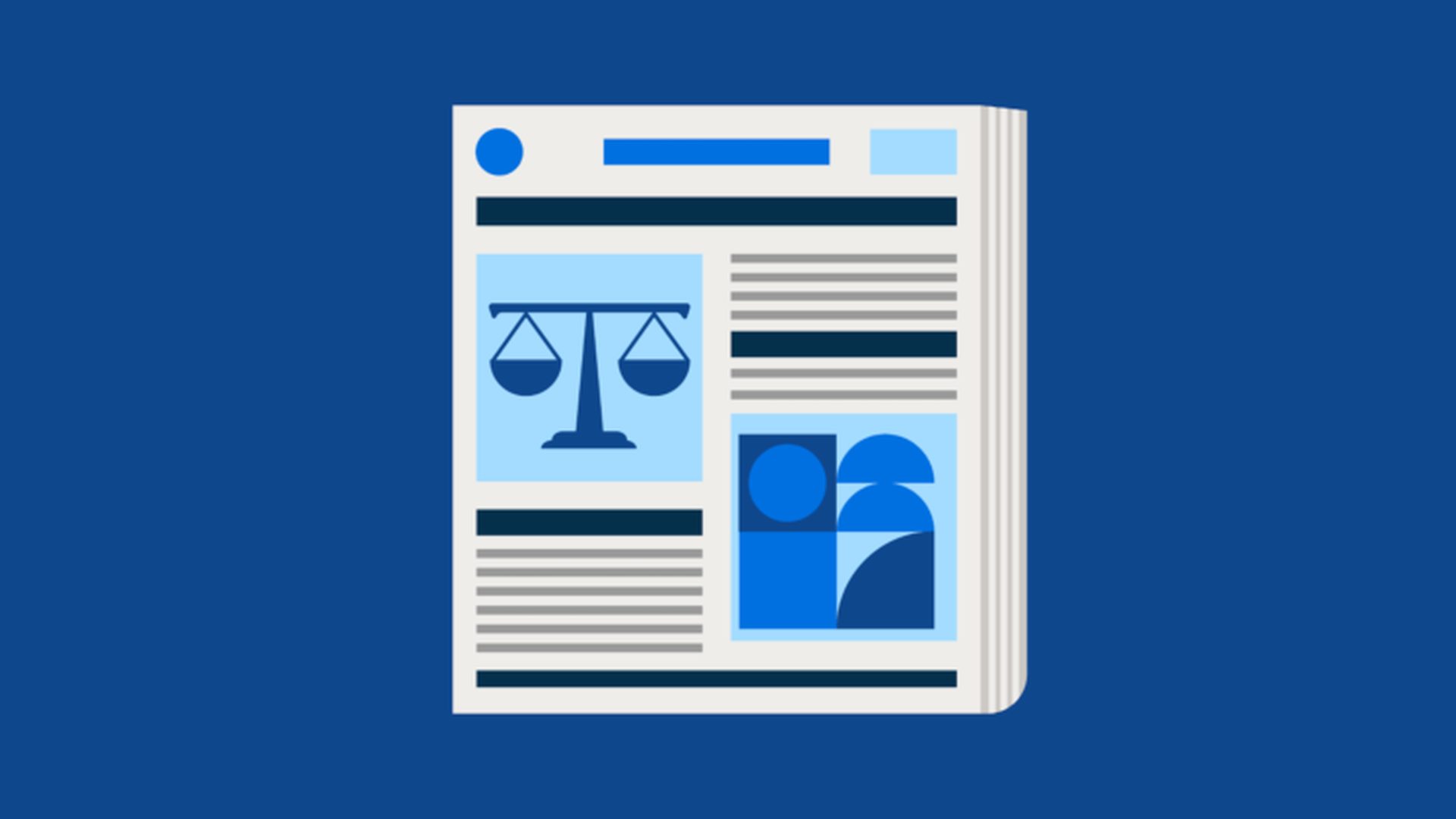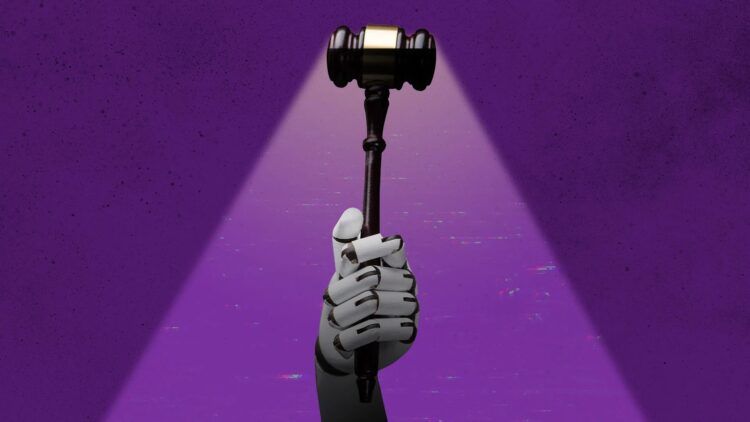Can the ChatGPT restrictions stop the rapid development of AI? ChatGPT, developed by Microsoft-backed OpenAI, has catapulted generative AI into the public consciousness. Companies all around the world are rushing to find ways to incorporate AI technology into their offerings. While many businesses and individuals are impressed by the technology, an equal number are concerned about its possible consequences. Consequently, some world leaders have issued warnings about the dangers of using AI without proper regulation.
Lawmakers in the European Union (EU) have recently called for a gathering of world leaders to discuss how to slow the rapid advancement of AI technologies like ChatGPT. These officials have demanded a meeting between the US President and the head of the European Commission, arguing that the AI industry has to take greater accountability measures.
The volume of data that these LLMs collect and utilize to fuel the machine-learning models is a cause for concern when it comes to generative AI technology. Concerns have also been raised about the possible damage they might do to the economy, society, and employment.
Find out how different nations are reacting to the meteoric rise of AI right here!

ChatGPT restrictions for now and future
Here are the nations that have banned ChatGPT or are considering doing so:
- India
- IT minister Ashwini Vaishnaw recently stated that government organizations in India are working on measures to encourage responsible AI; nonetheless, the Indian government has no plans to restrict generative AI technology.
- Countries that already ban ChatGPT
- Countries including China, Russia, Ukraine, Egypt, North Korea, Cuba, and Iran have blocked access to ChatGPT.
- Italy
- ChatGPT is currently unavailable in Italy. On March 31st, the country temporarily banned ChatGPT after the national data agency expressed concerns about potential privacy violations and the app’s failure to verify that its users were at least 13 years old, as asked.
- China
- China’s internet censorship laws prevent users there from accessing ChatGPT. The nation is eager to join the generative AI bandwagon, but only inside its own carefully regulated framework. In order to regulate the growth and application of generative AI, China has recently issued new guidelines. As part of its proposed rules for supervising generative AI services, China’s cyberspace regulator has stated that it wants enterprises to submit security evaluations to authorities before public release.
-

The AI struggle continues: Will there be more ChatGPT restrictions? France
- After the artificial intelligence chatbot, ChatGPT was briefly banned in Italy for allegedly violating privacy standards, the French privacy authority CNIL said that it is examining various complaints against the bot.
- European Nations
- The European Union is working on regulations to limit the spread of ChatGPT and similar technologies. Lawmakers in the European Union are considering a legislative crackdown on cutting-edge AI systems like OpenAI’s ChatGPT, which is supported by Microsoft. Twelve European Union parliamentarians have sent an open letter demanding new rules be put in place to govern the creation of “General Purpose AI systems” like Google’s Bard and ChatGPT. The open letter expresses concern that, without regulation, artificial intelligence would accelerate the spread of false information and that computers could eventually “outnumber, outsmart, obsolete, and replace” people.
- US
- The United States is developing rules that will affect the future of the accountability ecosystem for artificial intelligence. There is “growing regulatory interest” in an AI “accountability mechanism,” and the National Telecommunications and Information Administration (part of the Commerce Department agency) wants to hear people’s thoughts on the matter and regulate soon.
Do you know how bad can AI be? We explained it according to Hollywood’s projection.
The countries which want to regulate ChatGPT think that ChatGPT restrictions help to guide the ethical development of AI language models, ensuring that they are not used to generate harmful or inappropriate content. However, some of the future ChatGPT restrictions can limit the types of data that AI language models are trained on, which may affect their accuracy and reliability.
We have to wait to see who is right. But one thing is sure, the AI era has begun!





